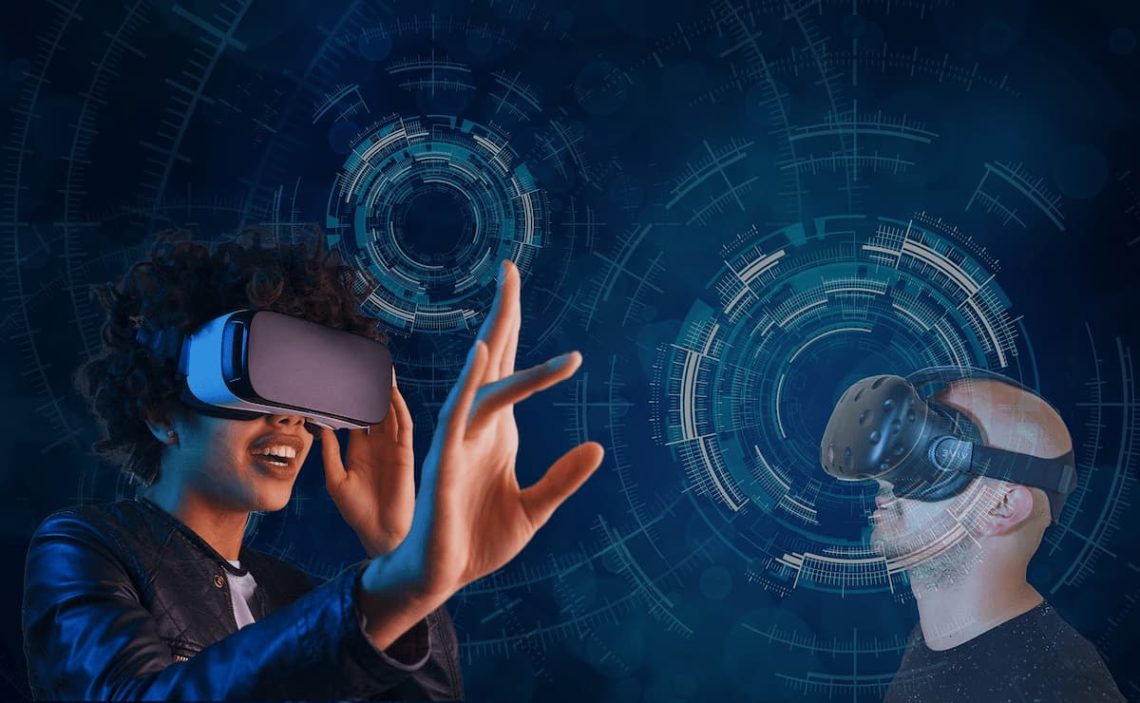As we already well know, the changes that Mark Zuckerberg has promoted in his business project, and that have led to the name Meta, have to do with metaverses. However, for most people, metaverses remain a great unknown.
Although for some analysts, Mark Zuckerberg’s step may seem like a kind of business leap into the void, the truth is that the Metaverse concept is broad, and what it includes has enormous potential for economic growth.
What are the metaverses Mark Zuckerberg dreams of?
We must first of all say that there is no single model of the metaverse. It is a very broad concept in which elements as different as virtual reality, artificial intelligence, or the old technological ambition of alternative digital worlds are all mixed.
If we had to make a more specific, and simple-to-understand reference, we could say that a metaverse is a digital universe in which we can participate and interact to a greater or lesser extent with whatever is proposed to us.
For example, when applied to a game, a metaverse would be an immersive world, with freedom of movement, interwoven stories, and in which the player has freedom of action and choice.
An example of a metaverse, such as SandBox, proposes to combine the possibility of creating one’s spaces and exploiting them from a leisure or commercial point of view. For example, as a gamer I can create a videogame for other users to play or enjoy and, as a trademark, I can create an advertising or commercial space.
Why do Metaverses generate so much interest?
Throughout time, human beings have tried to eliminate technological or physical boundaries. Sailing further and further, climbing higher and higher, reaching the moon or reducing electronic components to minuscule sizes are examples of the constant evolution and disruption in history.
The alternative of the digital world to everyday reality is an old aspiration of both science fiction and technology itself. When several movies set in this type of alternative world emerged in the 1980’s, there were already scientific theories about the possibility of creating parallel realities based on technology.
The emergence of the Internet and the combination of this medium with virtual reality and artificial intelligence were essential steps towards the rapid advancement of this long-standing aspiration. Mark Zuckerberg is not being enlightened by betting on a sector that aims to be one of the most important in the coming decades.
The arrival of blockchain, smart contracts, and the introduction of digital assets have been decisive in the current development of the metaverse concept.
All of this is easier to understand if we put it more simply: thanks to blockchain and smart contracts, we can now defend ownership in a digital space. What is bought or sold virtually in a metaverse, retains its ownership and can be managed as real property in the future. The emergence of NFTs is no stranger to this new technological frontier.
In the next few years, the Metaverse business volume is expected to multiply exponentially. Mark Zuckerberg is investing heavily in making a name for himself in this industry. Time will tell whether his bet has been successful or a strategic business mistake.


